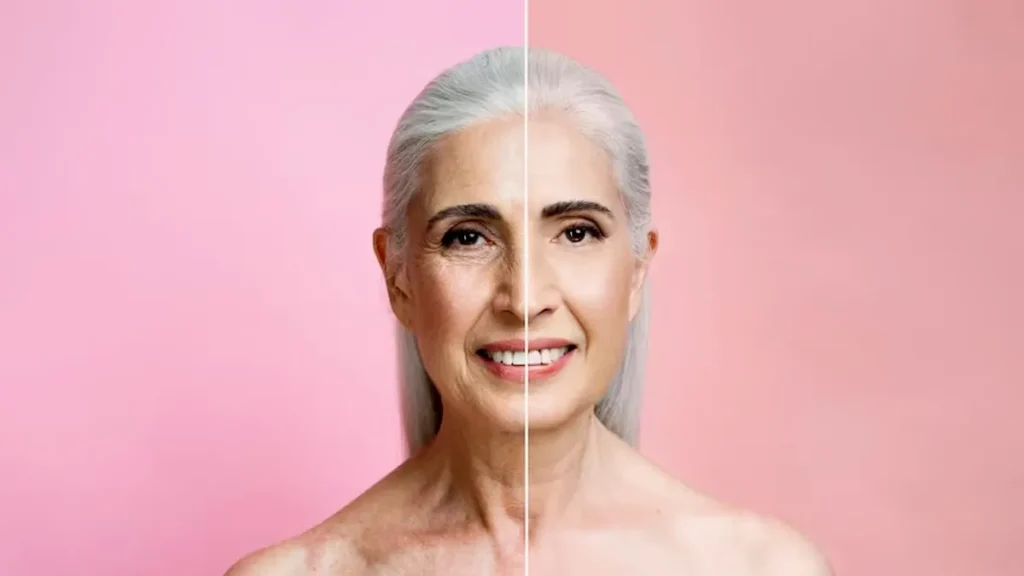Unlocking the Secret to Healthy Ageing: The Role of Vitamin D
Aging has captivated scientists and health enthusiasts for decades, with an increasing focus on ways to promote healthier ageing. While no miracle pill can pause time, emerging research suggests that certain supplements, particularly vitamin D, may play a crucial role in supporting biological youth and protecting our DNA.
Can Vitamin D Reverse Ageing?
A recent study by a team of researchers at Harvard, published in the American Journal of Clinical Nutrition, explored the potential of vitamin D in delaying biological ageing. Known as the VITAL trial, this groundbreaking study monitored over 1,000 adults over four years, shedding light on the real impact vitamin D can have on our health.
Participants in the study received a daily dose of 2,000 International Units (IU) of vitamin D3—three times the typical recommendation but still within safe limits. The findings were promising: individuals taking vitamin D exhibited less DNA damage and slower telomere shortening compared to those on a placebo.
What Are Telomeres?
Telomeres are protective caps at the ends of chromosomes, critical for maintaining genomic stability. As we age, telomeres naturally shorten; however, faster telomere loss is linked to various age-related conditions. Remarkably, vitamin D supplementation appeared to preserve telomere length, potentially staving off nearly three years of biological aging.
Implications for Healthy Ageing
The findings from the VITAL trial amplify the ongoing conversation around supplements touted for anti-aging benefits. Vitamin D is already celebrated for its roles in bone health and immune function, and these newfound connections to longevity could enhance its popularity further.
But, a Note of Caution
While the results are encouraging, experts urge caution. The trial had a relatively small participant pool, predominantly consisting of white individuals, which raises questions about the applicability of the results across diverse ethnic groups. More extensive and inclusive research is necessary before recommending vitamin D as a definitive anti-aging intervention.
Guidelines for Safe Vitamin D Supplementation
If you’re considering incorporating vitamin D into your wellness routine, observe these crucial guidelines:
-
Know Your Levels: Check your vitamin D levels with a healthcare provider before starting supplementation, as many individuals are unknowingly deficient.
-
Follow Recommended Dosages: The general daily intake for adults ranges from 600 to 800 IU, with a safe upper limit of 4,000 IU. Excessive intake can lead to health issues such as nausea or kidney complications.
-
Opt for Natural Sources: Whenever possible, obtain vitamin D from natural sources, such as sunlight and vitamin-rich foods like fatty fish, eggs, and fortified dairy products, to maintain healthy levels.
- Consult a Professional: Before initiating any supplementation, discuss with your healthcare provider to determine the ideal dosage based on your age, lifestyle, and health conditions.
Conclusion: The Sunshine Vitamin’s Role in Youthfulness
Vitamin D extends beyond its common label as the "sunshine vitamin"; it may assist in maintaining cellular youthfulness. However, it’s essential to remember that while supplements show promise, they should not replace good lifestyle choices. Prioritizing a balanced diet, consistent physical activity, restful sleep, and effective stress management remains fundamental to successful ageing.
For additional insights into the benefits of vitamins and healthy ageing strategies, visit resources or studies available at Harvard Health and Mayo Clinic.
Through responsible supplementation and holistic wellness practices, you can pave a sustainable path toward a longer, healthier life.


